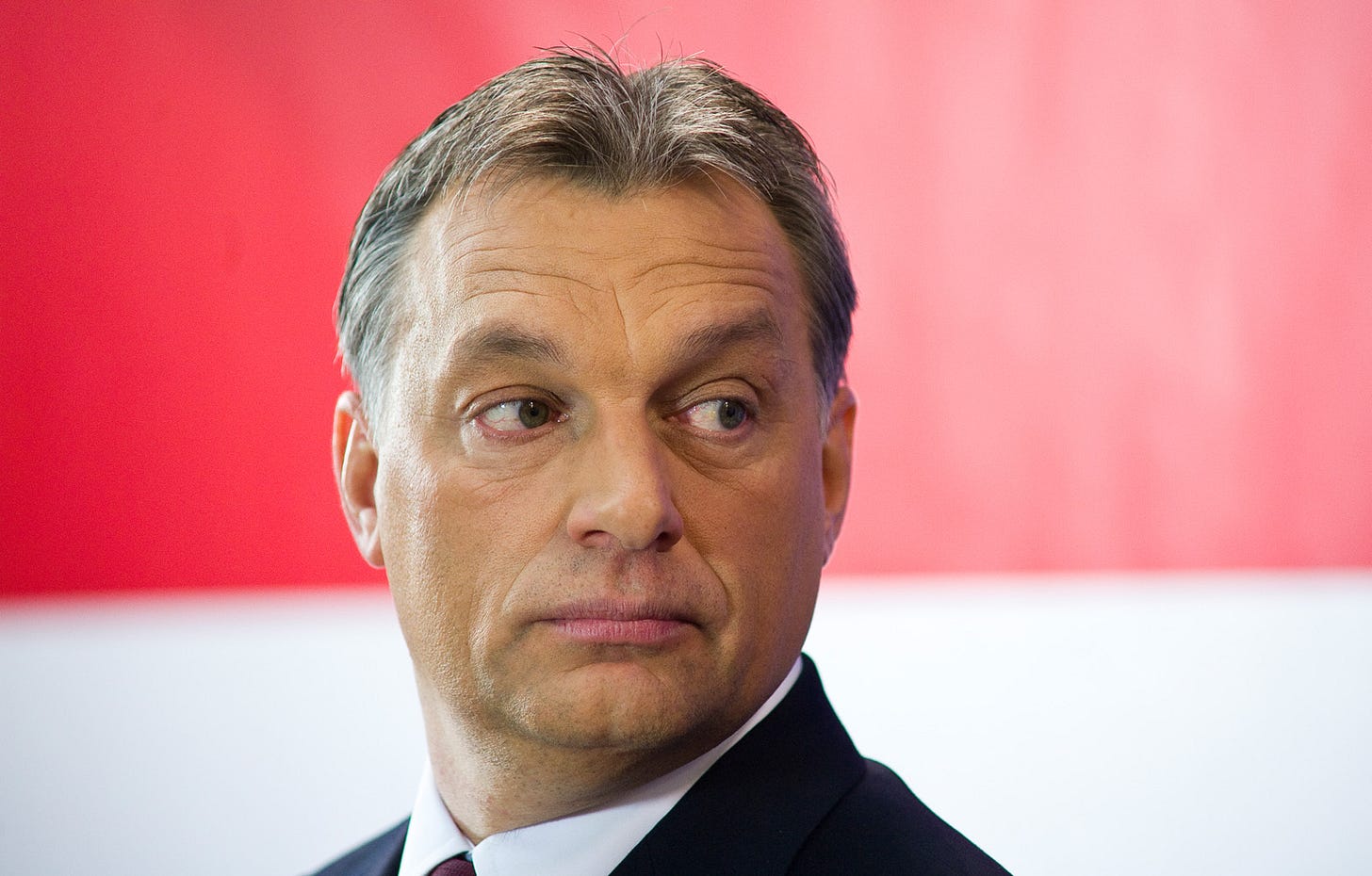Daily Multilateralism
Tuesday, November 17, 2020
Hungary and Poland are holding up the European Union budget, which includes a large coronavirus relief package. The key point of contention is linkage between certain EU funding streams and member countries’ respect for “democratic values.” The Hungarian and Polish governments have faced stiff criticism within the EU for national measures eroding the independence of the judiciary and restricting civil society.
EU rules require consensus among its member states for the adoption of a budget. Reuters offers detail on the Polish and Hungarian vetoes and possible next steps:
European Union members are to discuss further steps on Thursday. Poland pictured the Monday veto as the start of a debate aimed at reaching a compromise.
“Take it easy, this is just a level of ambassadors’ discussions, the most important debate is still ahead of us,” Poland’s Deputy Foreign Minister Szymon Szynkowski vel Sek told state TV.
The president of the United Nations General Assembly, Turkish diplomat Volkan Bozkir, chided the Security Council for its recent failings. “Competing interests among its members and frequent use of the veto have limited the Security Council's effectiveness,” he said. “Even in some of the most urgent humanitarian crises, the council could not provide a timely and adequate response.” A longtime Turkish envoy, Bozkir was elected as General Assembly president in June.
The African Union fired its security chief, an Ethiopian military officer, after the Ethiopian government expressed concern about his links with an anti-government movement in the Tigray region. The East African reports:
[T]he swift nature of his firing following a recommendation from his country signalled just how the Ethiopian government controls the position. Traditionally, the unwritten rule has been that the Ethiopian government nominates the holder of the [African Union] post and can recommend his removal.
The member states of the International Criminal Court will consider an expanded slate of candidates to serve as the next prosecutor. An initial list of four candidates failed to generate consensus, and ICC member states will now be able to work with a “long list” comprising fourteen candidates. For an analysis of the controversy surrounding the process, see this post by Kevin Jon Heller at Opinio Juris.
Amidst rumors that the Trump administration may order a last-minute withdrawal from Afghanistan, NATO secretary general Jens Stoltenberg is warning about the dangers of a premature exit:
Stoltenberg has worked hard over the past four years to keep Trump on board with NATO, but Trump’s recent election defeat to former Vice President Joe Biden appeared to give the secretary-general room to issue some unvarnished criticism of the contemplated withdrawal — and a reminder that NATO forces are in the country in response to an attack on the U.S.
Anabel González, a former Costa Rican trade minister, offers a list of priorities for the World Trade Organization, as its most powerful country shifts from being a “rogue member” to a more engaged partner. Tasks include selecting a new director general, resuscitating the organization’s paralyzed dispute resolution system, and negotiating trade measures to facilitate cooperation on the pandemic.
Accelerating military and diplomatic cooperation between the “Quad” countries—Australia, India, Japan, and the United States—has been one of this year’s notable multilateral developments. In that context, Japan and Australia are reportedly moving toward an agreement permitting more regular military exercises and exchanges:
It will be Japan’s first agreement covering foreign military presence in its territory since it signed a status of forces agreement in 1960 that allowed the United States to base warships, fighter jets and thousands of troops in and around Japan as part of a military alliance that Washington describes as the bedrock of regional security.
Briefly noted:
The head of the World Food Program warned that next year may bring famines of “biblical proportions.”
Japan and the Association of Southeast Asian Nations (ASEAN) are negotiating about carbon capture cooperation.
Writing together in the Washington Post, the French and German foreign ministers call for greater transatlantic cooperation with a Biden administration, including revived multilateralism.


